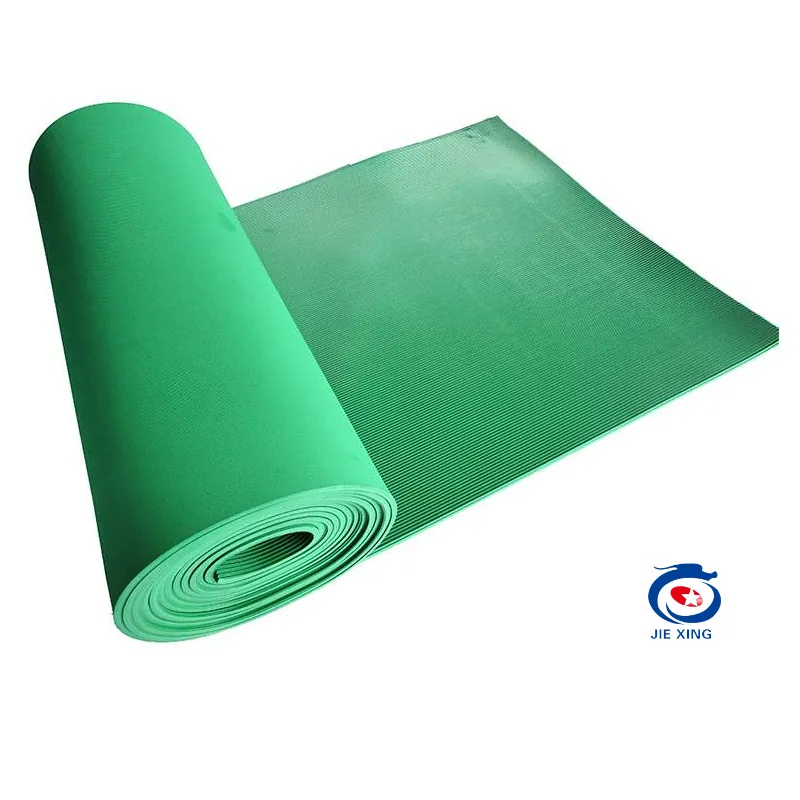Types of Bottom Garage Door Seals for Improved Insulation and Protection
Types of Bottom Garage Door Seals Keeping Your Garage Safe and Efficient
A garage is not just a place to park your car; it serves various functions, such as a workspace, storage area, and sometimes even a leisure spot. Therefore, ensuring that your garage is well-protected from the elements and pests is crucial. One of the most effective ways to achieve this is by using a bottom garage door seal. In this article, we will explore different types of bottom garage door seals and their benefits, helping you make an informed decision for your garage.
1. Rubber Seals
Rubber seals are one of the most common types of bottom seals used for garage doors. Made from durable rubber material, these seals are designed to withstand exposure to extreme weather conditions. Rubber seals offer excellent flexibility, enabling them to conform to uneven garage floors, thus preventing water, dirt, and pests from entering the garage. They come in various designs, including T-shaped and L-shaped profiles, making them versatile for different garage door styles. Furthermore, rubber seals are generally easy to install, with many options designed for DIY enthusiasts.
2. Vinyl Seals
Vinyl seals are another popular choice for homeowners looking to enhance their garage door's performance. Made from a flexible vinyl material, these seals effectively create a barrier against drafts, moisture, and debris. One of the key advantages of vinyl seals is their affordability, making them a budget-friendly solution for homeowners. They are also lightweight and easy to handle during installation. However, it's essential to note that vinyl seals may not be as durable as rubber ones, especially in extreme temperatures. Still, if you live in a milder climate, a vinyl seal might be perfectly sufficient for your needs.
3. Brush Seals
bottom garage door seal types

Brush seals, also known as weatherstrip brushes, are designed to provide a barrier against dust and insects while allowing for easy movement in and out of the garage. These seals consist of a series of nylon bristles attached to a rubber or vinyl backing. The bristles create a tight seal when the garage door is closed, preventing small pests such as rodents and insects from entering. Brush seals are particularly effective for garage doors that experience frequent movement since they can easily compress and recover. Although they are less effective against larger gaps and heavy rain, they are an excellent option for dry climates and added pest protection.
4. Plastic Seals
Plastic seals, often made from polyethylene or PVC, provide a lightweight and affordable alternative for sealing the bottom of your garage door. They come in various shapes and sizes, including U-shaped or flat strips, offering a simple solution to sealing gaps. Plastic seals are easy to install and can be used alongside other types of seals for enhanced protection. However, similar to vinyl, plastic seals may not withstand extreme weather conditions and could become brittle over time. Thus, they are best used in moderate climates.
5. Magnetic Seals
An innovative option, magnetic seals, use magnets to create a tight, secure fit around the bottom of the garage door. These seals are often made from rubber or vinyl, embedded with magnets that hold the seal firmly to the door. They provide excellent insulation, preventing drafts and moisture from seeping through. Magnetic seals are also easy to install and can be removed or adjusted as needed, making them a flexible choice for homeowners. However, it’s worth noting that magnetic seals might not be as effective in areas with high gusts of wind, as the force could detach them.
Conclusion
Choosing the right bottom garage door seal can significantly improve the efficiency of your garage, protecting it from water, pests, and debris. From rubber and vinyl seals to brush, plastic, and magnetic options, each type comes with its advantages and limitations. Therefore, consider your specific needs, local climate, and frequency of garage use when selecting a seal. Investing in a high-quality seal not only enhances your garage's functionality but also contributes to the overall maintenance of your property, making it a wise decision for any homeowner.
-
Under Door Draught Stopper: Essential ProtectionNewsJul.31,2025
-
Garage Door Seal and Weatherstrips for ProtectionNewsJul.31,2025
-
Edge Banding Tape for Perfect EdgesNewsJul.31,2025
-
Table Corner Guards and Wall Corner ProtectorsNewsJul.31,2025
-
Stair Nose Edging Trim and Tile Stair SolutionsNewsJul.31,2025
-
Truck Bed Rubber Mats for Pickup BedsNewsJul.31,2025
-
Window Weather Stripping for Noise ReductionNewsJul.29,2025